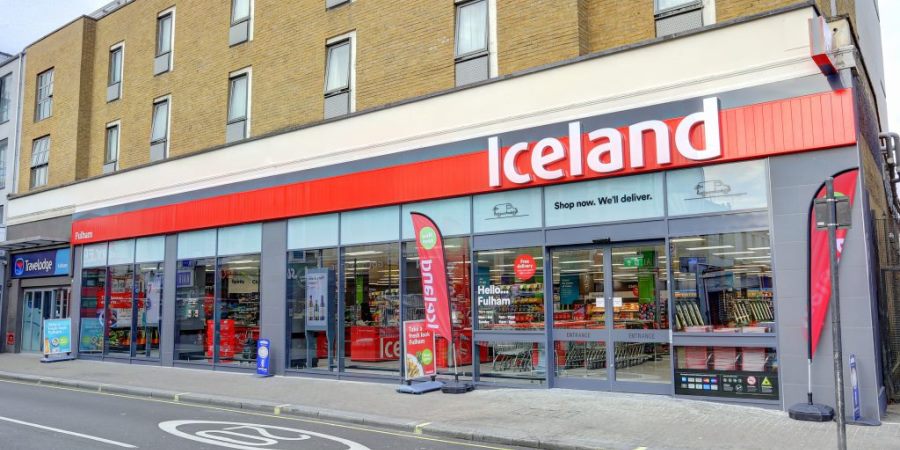As part of a deal running until Friday 24th June, Iceland is offering more than 420 products for 1p, including bread, butter and bananas, amid rising grocery inflation.
The frozen food retailer’s ICEPENNY deal applies to online orders, and applies to a mixture of own-label goods and products from brands like Warburtons. Research by Which? has found that many items on deal usually cost around £1.
However, shoppers will be limited to three items on deal per order. In addition, Iceland’s online orders have a minimum spend of £25, so customers must use the deal as part of a bigger shop.
Rising food inflation
According to the latest figures released by Kantar, the average annual grocery bill is on course to rise by £380, over £100 more than reported in April this year.
Commenting on the results, the FDF’s chief executive Karen Betts OBE said: “It’s very concerning to see food inflation reach 8.7%. This is the highest rise since March 2009 and the tenth consecutive month of food inflation.
“Manufacturers are doing everything they can to absorb the mounting costs they’re experiencing, from ingredients to energy, packaging and transport, and to avoid passing them onto hard-pressed households. But there are limits to this, as businesses must also remain viable. What makes the situation more acute is that many businesses are struggling to find the workers they need in a tight labour market, which is putting pressure on wages and causing some manufacturers to slow production.”
Betts called on government to ease some of the pressures on businesses and shoppers, including looking once again at VAT reductions on food and drink.
She said: “They can also act to reduce the cost of regulation, for example by suspending the plastics packaging tax, which is not working because of deficiencies in the UK’s recycling system but is nonetheless pushing up prices for consumers. They could also make the apprenticeship levy more flexible so all sizes of businesses can use it effectively.
“And the UK government and the devolved administrations must work constructively together to ensure that regulation of our sector does not diverge across the UK’s nations, again causing higher food and drink costs for households, as it looks likely to do on the different bottle deposit return schemes currently being devised.”









